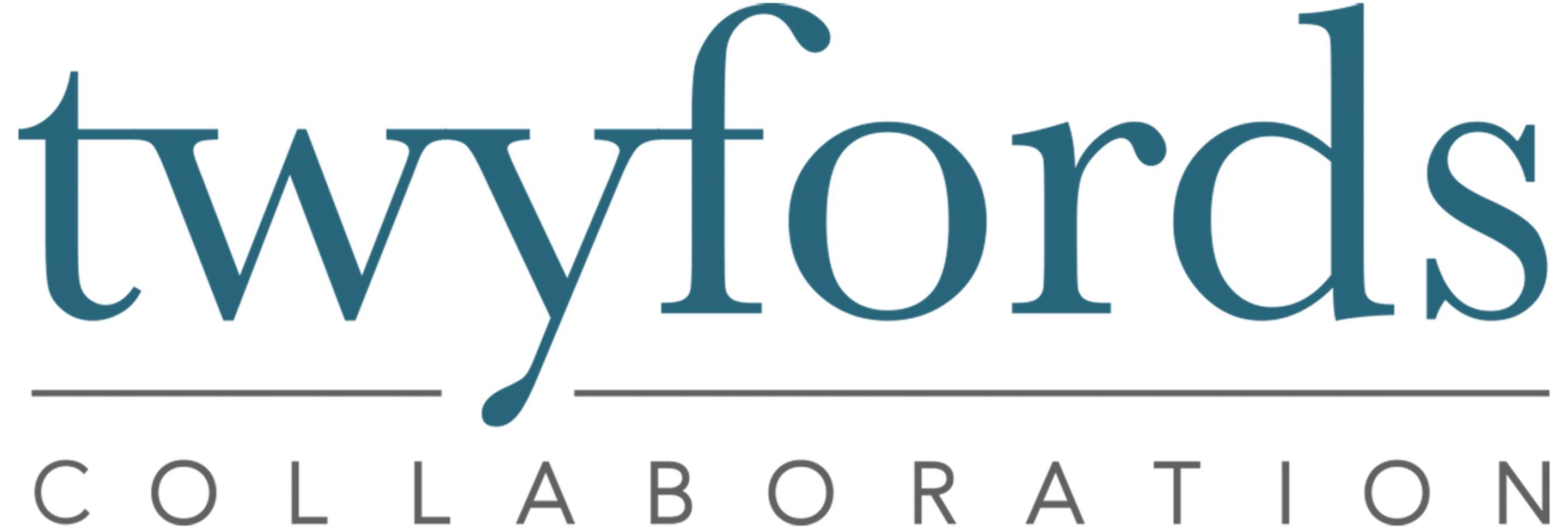I have been experiencing some challenging client sessions where there was some resistance to learning a collaborative approach, as people couldn’t see it was appropriate for their circumstances.
Over Easter I had time while camping in the Wollemi National Park, to read a very interesting book – “Collaborating with the Enemy” by Adam Kahane.
Kahane suggests there are four choices in problematic situations-
- Exiting – when we can’t change the situation, and can’t bear it
- Adapting – when we can’t change it but need to live with it
- Forcing – when we can change the situation and we can do so by ourselves
- Collaborating – when we can change the situation but need the help of others to do so
I was chewing on this in the very crowded campsite and realized I had experienced some of these choices in operation
- Most of us were adapting – we couldn’t change our fellow campers but we didn’t want to exit this beautiful spot, so we put up with it – the baby screaming right next door, the two campers who almost sat on us to get some shade…..
- However the guy next door certainly took unilateral action when he told the students next door to turn their loud music off and get to bed at 10.30 – and he forced the result very successfully!
- I did speculate that if he had been dealing with one of the other more experienced and organized family groups, then the only way to deal with serious problematic behaviour would have been through building a relationship and finding a solution multilaterally – he would have probably come unstuck trying to force an outcome
The other key point that Kahane makes is that both forcing and collaborating may be appropriate and effective at different times during a complex engagement, and one will only know after the event as to what worked when.
It has made me more sensitive to the choices that clients face when considering collaboration in complex situations – and allowing them time to consider and test what approach may suit them and the situation best.
